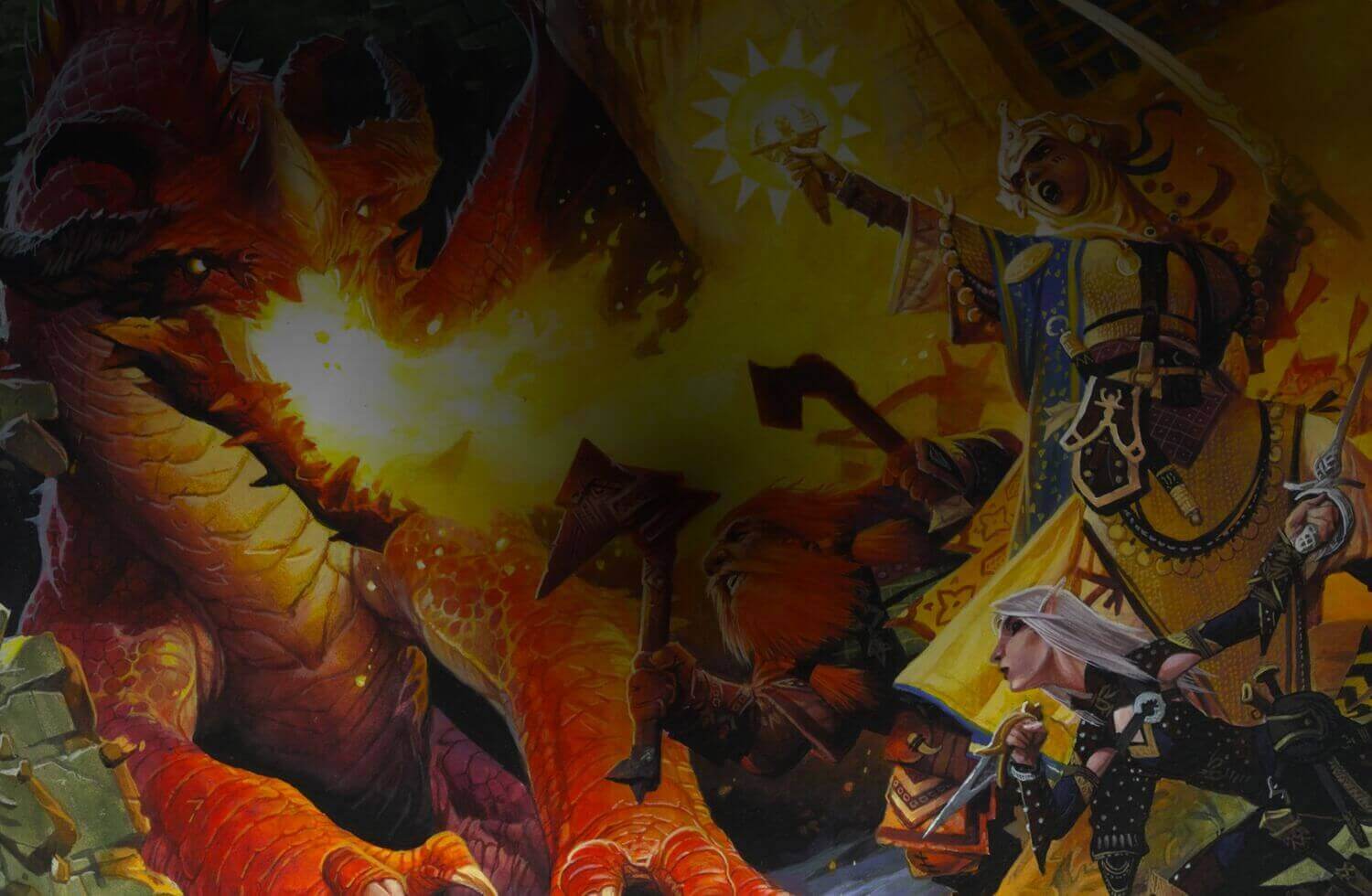Pathfinder Second Edition
Learn more about the popular and immersive world of Pathfinder, a fantasy role-playing game published by Paizo, and how to start your journey with Demiplane + Roll20.

An Enhanced Experience

Demiplane
With the Pathfinder NEXUS, players get the most up to date releases and rules for Pathfinder Second Edition. Partnering with Paizo, Demiplane releases new titles, features, and erratas the same day as Paizo. Not only is the Pathfinder NEXUS packed with digital compendiums that are searchable and accessible but you can easily find what you need to get back into your sessions with filterable listings. Pathfinder NEXUS's character tools are robust with step-by-step character builder, beautiful character sheet, and export PDF to print to bring your sheet to the table. Al of the Pathfinder NEXUS is designed for mobile, desktop, laptop, and tablet.

Roll20
With the Roll20 VTT, Pathfinder players can not only enjoy the option to use their Pathfinder NEXUS character sheets in the VTT, but can build out their campaigns with token packs, art packs, and digital listings. With Cross-Platform Sync, Roll20 and Demiplane users can buy on one platform and unlock the same title on the opposite platform for no additional cost as part of the Demiplane x Roll20 integration. This allows players to expand their library across the ecosystem while using the best in class tools for their campaigns.
Introduction to Pathfinder 2E
Try Demiplane's Character Tools
Are you ready to embark on your next epic adventure in the world of Pathfinder? Look no further than Demiplane's cutting-edge Pathfinder character sheet and builder - the ultimate tool for both newcomers and veteran players alike.
Try FreePower Up Your Adventures
As an officially-licensed partner with Paizo, we offer fully-converted sourcebooks, adventures, and addons, many of which include tokens, drag-and-drop monsters, and tons more assets that make your game as seamless and exciting as possible.
Learn MoreArticle Library
Marketplace
The new Pathfinder rules are easier to learn and faster to play, and they offer deeper customization than ever!
Ready to get started? Find a game
Use our Looking for Group tool to find an experienced DM and a group of new friends to play with.
Join a game